Black Mirror – Season 7: A Complete Series Review
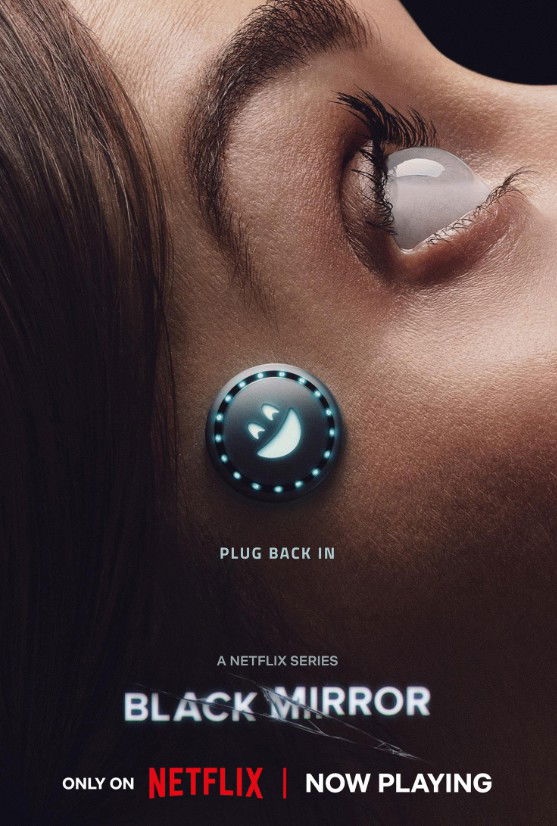
Black Mirror’s seventh season has arrived on Netflix, reigniting debates about technology, morality, and the boundaries of digital reality. Known for its dystopian lens on the modern world, the series created by Charlie Brooker shows signs of evolution - revisiting iconic episodes while exploring new directions. But does it still have the power to surprise?
A Season That Looks Backward
Unlike earlier seasons where each episode stood entirely alone, this new batch of chapters leans heavily into past connections. It’s not just visual and technological elements - like the fictional streaming platform Streamberry or neural immersion tech - that return, but also direct sequels to some of the show's most acclaimed episodes.
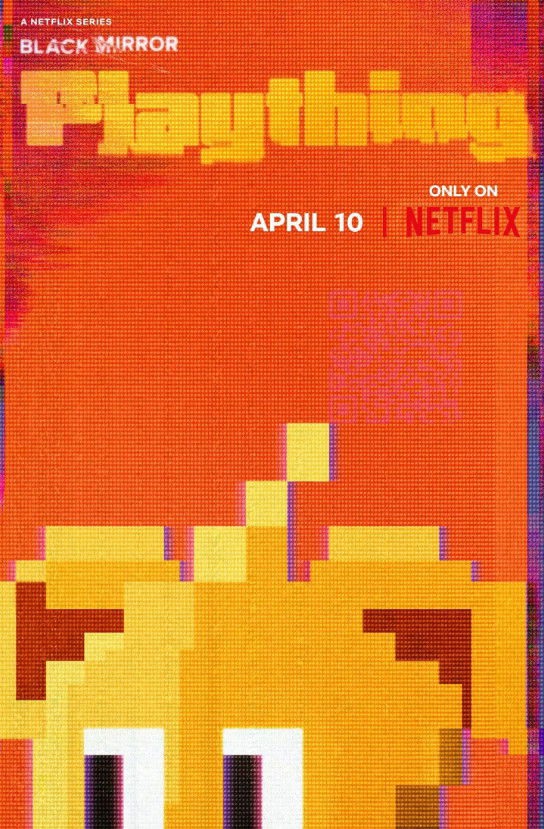
That’s the case with "Into Infinity", which continues the story of the digital clones from USS Callister, and "Plaything", a sequel to Bandersnatch, diving deeper into the consequences of digital free will through a kind of simulated life game.
These choices create a shared universe feeling - an unusual move for an anthology series - and suggest a possible new phase for Black Mirror.
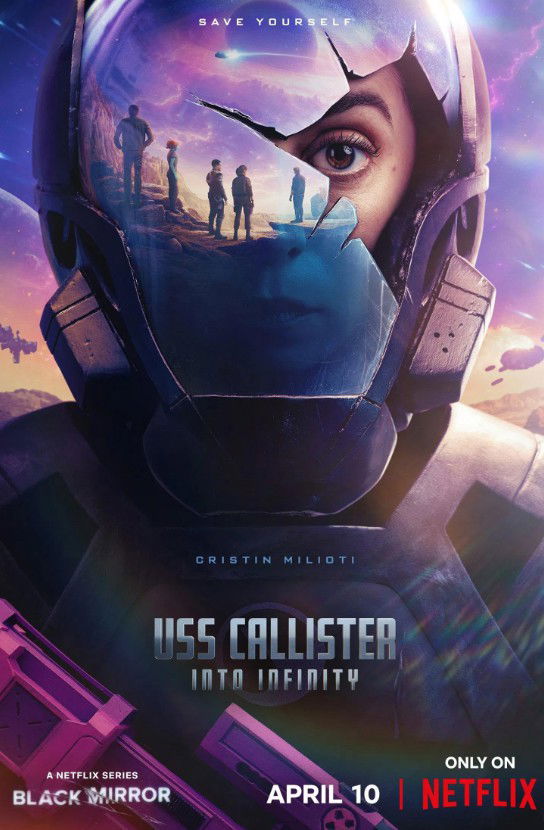
In "Into Infinity", the storyline follows the USS Callister clones as they’re forced to fight for survival in a brutal virtual environment. The episode reinforces the show's ongoing critiques of digital escapism and the exploitation of the powerless.
Meanwhile, "Plaything" immerses viewers in the world of VR gaming and its ethical implications. It expands on the themes introduced in Bandersnatch, but with a deeper focus on AI and user choice - sparking a compelling discussion around digital control and free will.
Narrative Perspective: Is There Still Hope?
Despite its scathing critiques of humanity and technology, Black Mirror has never been purely pessimistic. That’s still true here. Even in episodes flirting with existential horror, there’s a faint line of hope - the idea that if we confront our flaws, we might still avoid a grim future.
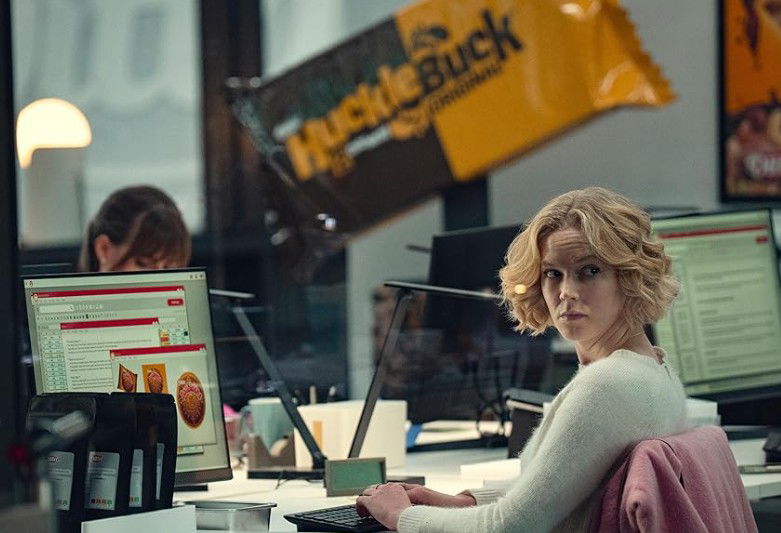
The show continues to embrace discomfort, but seems more interested in reflection than shock value. In times of polarization and tech overload, this kind of thoughtful provocation remains powerful - though not all episodes hit the same depth. The season’s effort to balance social critique with moments of humanity is a standout element.
Even in its darker stories - like "Eulogy", where characters grapple with loss and loneliness - there’s a sincere attempt to portray real emotion. This more emotional focus might be a smart move for the series’ future, shifting away from pure dystopia in favor of layered, human storytelling.
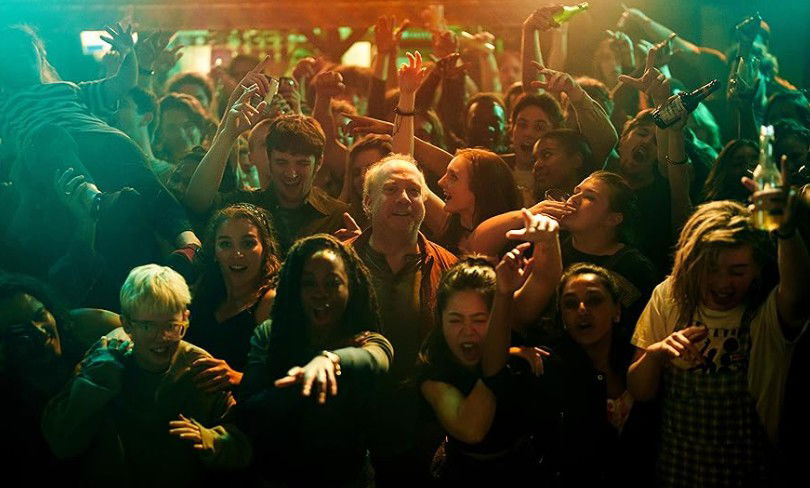
Critical Reception
On Rotten Tomatoes, the season received mixed reviews. Critics praised the ambition of revisiting and expanding the show's universe, but also pointed out a certain inconsistency in the impact of the episodes. Some of the sequels were seen as unnecessary or less creative than the originals - particularly "Into Infinity", which some viewed more as an action adventure than an effective piece of social satire.
On the other hand, outlets like The Verge highlighted that the season, even while leaning on nostalgia, introduces new ideas with real potential, and that the Black Mirror universe feels more “alive” than ever. NPR's review noted the show’s ability to balance critique with empathy, suggesting that emotional realism could be an intriguing direction for its future. By focusing on more human elements and fewer technological gimmicks, Black Mirror hints that the solution to digital dilemmas might lie in deeper reflection on our own behaviors and how we handle emotions and relationships.
Black Mirror Season 7 – Episode-by-Episode Review
Warning: Contains Spoilers!
We reviewed each episode individually, highlighting their critical reception and what stands out - or falls short - in each story. Check them out below!
Common People
Reception: Very positive
In this episode, Amanda (Rashida Jones), a schoolteacher, suffers a medical emergency, prompting her husband Mike (Chris O'Dowd) to turn to the Rivermind system - a technology that keeps a person’s consciousness alive in a digital space.
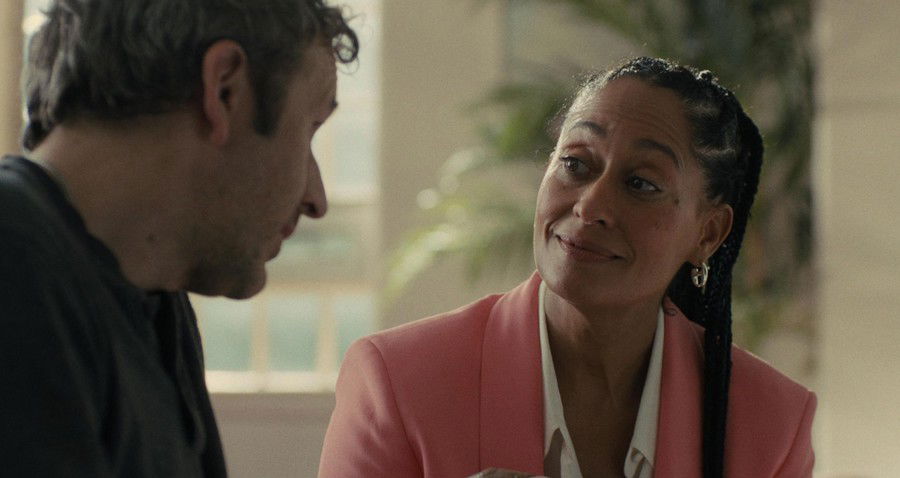
The plot explores themes such as the privatization of healthcare, the ethical limits of tech-driven medicine, and the meaning of “keeping someone alive.” Critics praised the emotional tone, understated direction, and Rashida Jones’s performance - considering the episode one of the season’s standouts.
Bête Noire
Reception: Mixed
Maria (Awkwafina) works at a candy company when her former classmate Verity joins as a new employee - but there’s something deeply strange about her, and only Maria seems to notice.
With a psychological thriller vibe and growing paranoia, the episode divided opinions: some saw it as a sharp critique of workplace competition and corporate surveillance, while others found the plot predictable.
Hotel Reverie
Reception: Positive
Starring Issa Rae as actress Brandy Friday, the episode follows her journey through an immersive simulation of an old British film. Trapped in this world, she must “follow the script” to try and escape.

The story satirizes nostalgia culture and the blurred line between performance and reality, featuring polished visuals and a melancholic tone. Critics praised its creativity and self-aware commentary on Hollywood and AI.
Plaything
Reception: Mixed to negative
A murder suspect is linked to an old 1990s video game populated by sentient digital beings. The episode touches on artificial intelligence and gamer nostalgia, but despite the promising concept, it fails to fully engage.
Critics pointed out issues with pacing and story development, though the setting and visual effects received praise.
Eulogy
Reception: Very positive
Jimmi Simpson plays a lonely man who discovers a technology that lets him literally "enter" old photographs. As he relives memories, the episode dives into deep emotional territory, exploring grief, nostalgia, and acceptance.
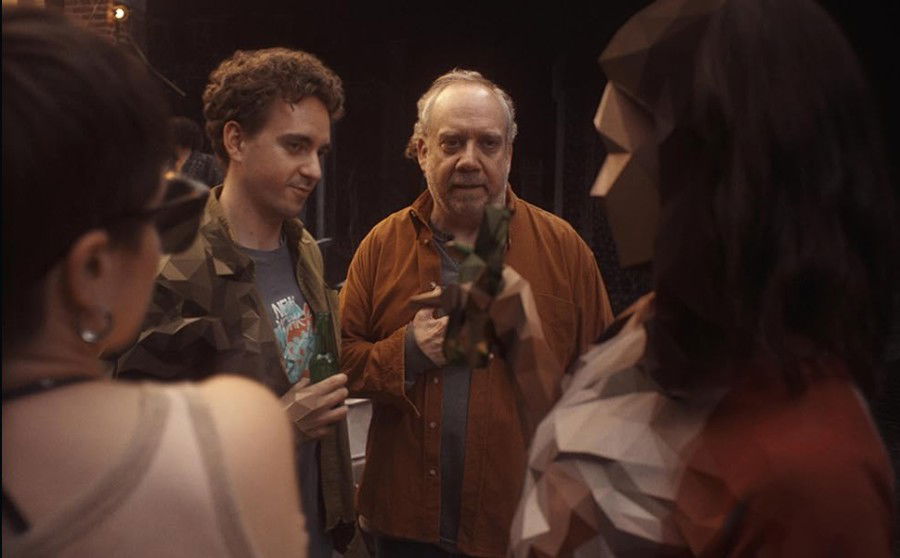
Regarded by many as the most emotional installment of the season, Eulogy resonates through its sensitivity and human depth.
USS Callister: Into Infinity
Reception: Divided
A continuation of the popular Season 4 episode, this one follows the virtual crew as they fight to survive in an online universe full of hostile players.
Some applauded the bold expansion of the universe and the commentary on massive online gaming and toxic behavior. Others felt the episode lacked the symbolic and psychological weight of the original, leaning too heavily on action.
Is the New Season of Black Mirror Worth Watching?
That depends on what you're looking for from the series.
For longtime fans, this season is packed with references, familiar characters, and a sense of continuity that can be deeply rewarding. Some episodes build on previous ideas with greater depth, maintaining the high standards of writing and production.
However, if you’re hoping for the creative freshness and intense philosophical impact of the earlier seasons, you might feel something is missing. Some stories feel recycled or less daring than expected - and nostalgia alone may not be enough to keep everyone engaged. While episodes like “Plaything” and “Into Infinity” revisit iconic plots, relying too heavily on fan service may come at the cost of innovation. Still, the season has its strengths, and its emotional moments might make up for the flaws in some parts of the narrative.
In short: it’s a season worth checking out, but it may not hit the same for everyone. The show still has the power to provoke thought and meaningful discussion, even if not all episodes deliver the same impact or originality.
Where to Watch Black Mirror?
Season 7 of Black Mirror is available exclusively on Netflix. It features five new episodes, with runtimes ranging from 50 minutes to just over an hour. The series remains one of the most thought-provoking titles in the platform’s catalog - especially for those who enjoy stories about technology with a strong dose of social critique.
That’s all for now. See you in the next article!








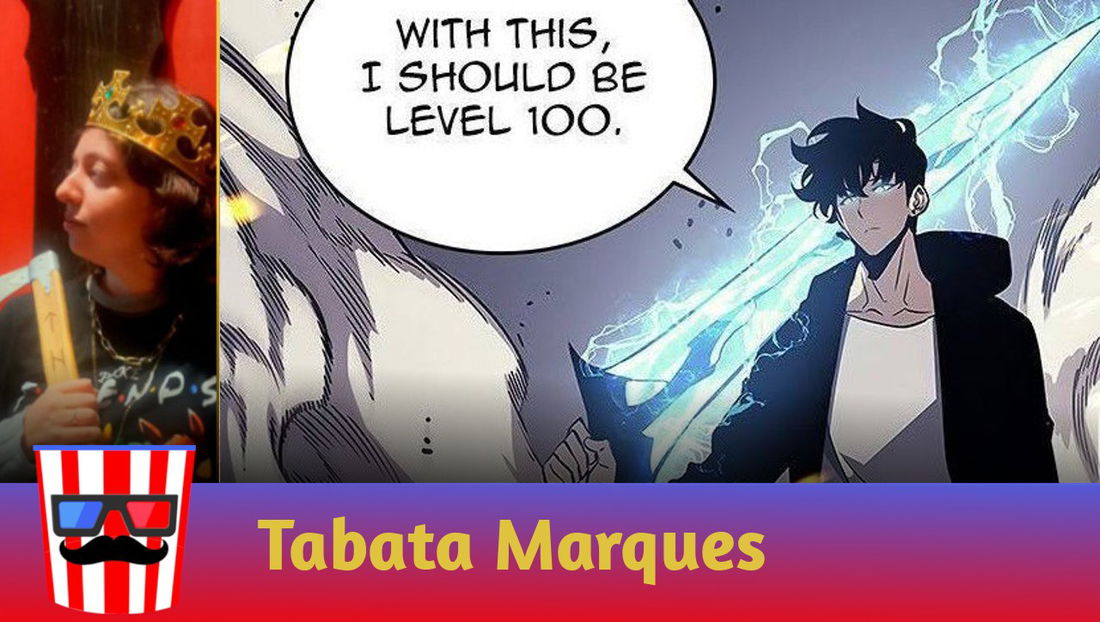




— Comentarios 0
, Reacciones 1
Se el primero en comentar